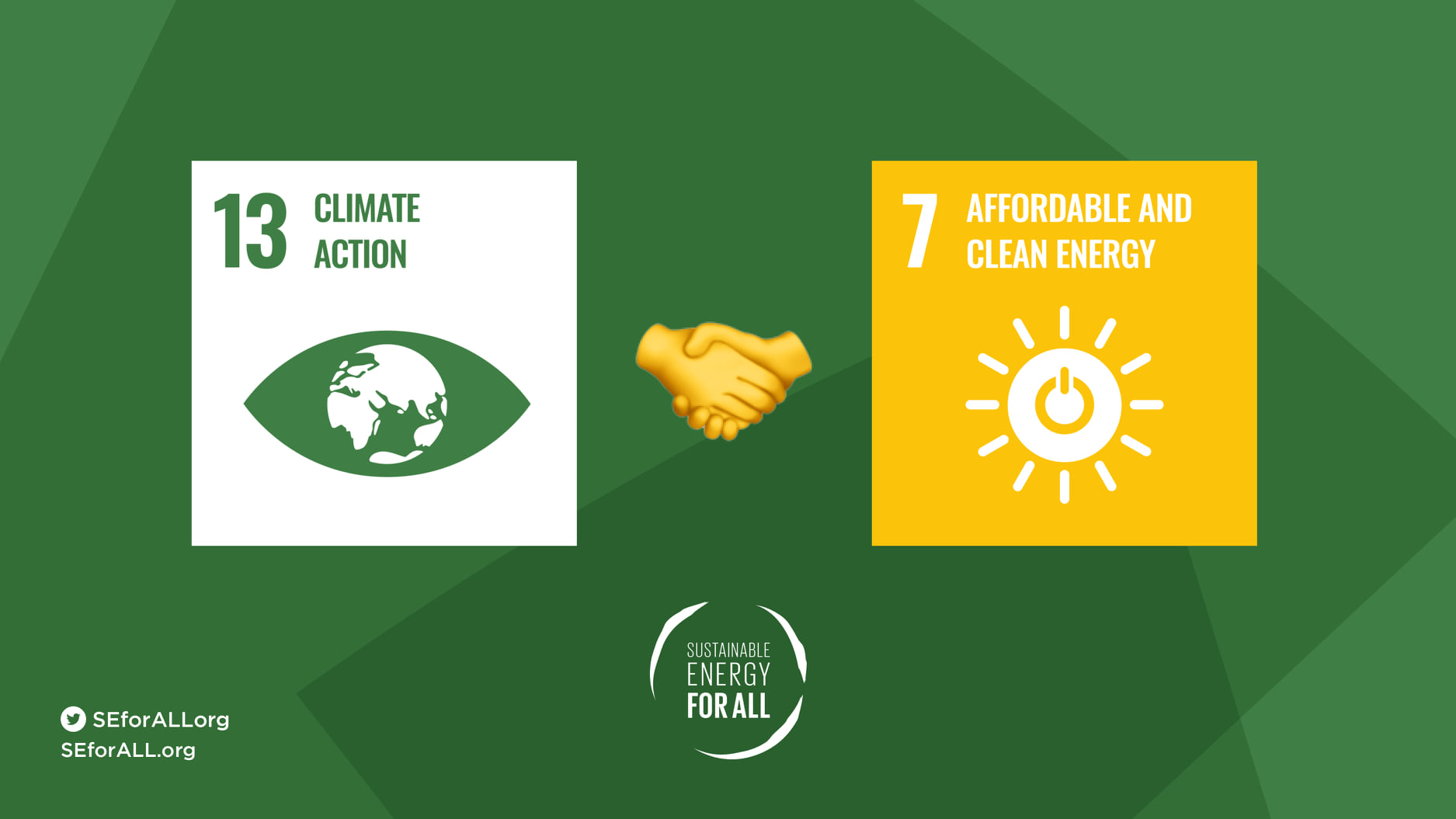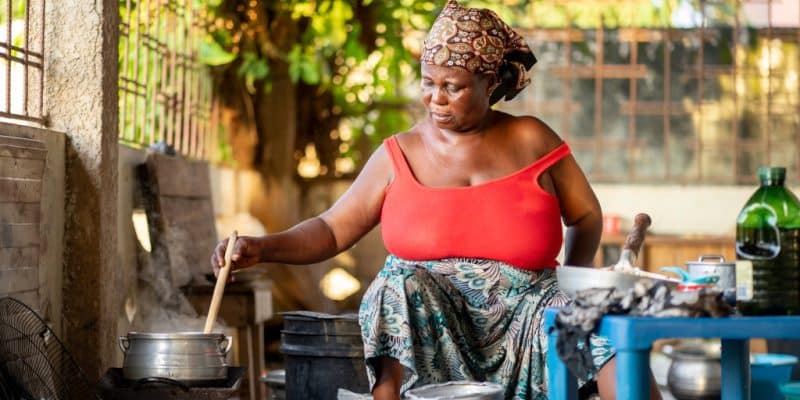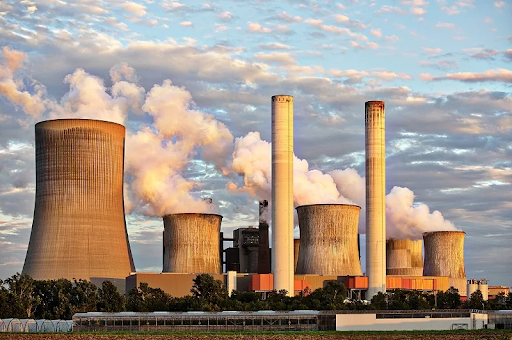The Nigerian Communication Commission (NCC) is taking proactive steps to encourage the telecoms sector to embrace clean and sustainable energy sources, aiming to reduce carbon emissions.
At a roundtable held recently in Lagos, the Executive Vice Chairman of NCC, Professor Umar Danbatta, represented by the Executive Commissioner of Technical Services NCC, Mr Ubale Maska, discussed the Commission’s plans to create a framework for sustainability within the industry. The academic community’s participation in research and innovation was highlighted as crucial to achieving these goals in partnership with other stakeholders.
Read also: NCC highlights significant potential of AI, Machine Learning
Promoting Sustainable Energy Policies
Professor Danbatta underlined the NCC’s intention to introduce policies that incentivize telecom service providers to adopt cleaner energy sources. These policies aim to not only reduce the carbon footprint but also open up new economic prospects for the industry. The focus is on promoting clean energy technologies like solar, wind, and biomass to power the communications infrastructure effectively and sustainably.
Recognizing the vital role of academic institutions in advancing research and innovation, Professor Danbatta stressed the importance of collaboration between academia and industry stakeholders. By working together, they can understand the potential of alternative energy sources, address challenges, and develop practical strategies for implementing clean energy solutions in the telecom sector.
During the roundtable, Professor Ray Ozolua, the Deputy Vice-Chancellor of the University of Benin, expressed appreciation for the NCC’s initiative in bringing academia together to share expertise. He pointed out the limitations of imported technologies, with their built-in lifespan driven by economic interests. As an example, he highlighted the limited lifespan of solar batteries and mobile telephones. To address this issue, Professor Ozolua proposed the establishment of a dedicated committee within academia to conduct research on producing solar batteries locally with longer life spans. This move would not only support sustainability but also boost the country’s technological independence.
The central theme of the roundtable was “Refocusing Academic Research towards Alternative Clean Energy: Panacea to Paucity of Energy in the Telecom Sector.” The participants discussed the critical need for the academic community to contribute its expertise in exploring and developing cleaner energy solutions for the telecom industry. By focusing on clean energy research, the telecom sector can overcome energy shortages and align with global efforts to combat climate change.
Benefits of embracing sustainability in telecoms businesses
Embracing sustainability in the telecoms industry offers numerous benefits, both for the companies themselves and the wider society. Some of the key benefits include:
Reduced Environmental Impact: Implementing sustainable practices, such as using renewable energy sources and energy-efficient technologies, significantly reduces the carbon footprint of telecom operations. This leads to lower greenhouse gas emissions, helping combat climate change and preserve the environment.
Cost Savings: Sustainable initiatives often lead to cost savings in the long run. By adopting energy-efficient technologies and renewable energy sources, telecom companies can reduce energy consumption and operational expenses, resulting in lower utility bills and operational overheads.
Enhanced Corporate Reputation: Embracing sustainability enhances a telecom company’s corporate reputation and brand image. Consumers, investors, and stakeholders increasingly favour environmentally responsible businesses, leading to increased trust and loyalty towards sustainable telecom companies.
Increased Customer Attraction and Retention: Many consumers prioritize sustainability when choosing products or services. Telecom companies that demonstrate a commitment to environmental responsibility can attract environmentally-conscious customers and retain existing ones, gaining a competitive advantage.
Regulatory Compliance and Risk Mitigation: By adopting sustainable practices, telecom companies ensure compliance with existing and future environmental regulations. This mitigates the risk of facing penalties, fines, or reputational damage due to non-compliance.
Innovation and Technological Advancement: Embracing sustainability drives innovation within the telecoms industry. Companies that invest in research and development of clean energy technologies and energy-efficient infrastructure stay at the forefront of industry trends and may develop competitive advantages.
Increased Employee Engagement: A commitment to sustainability fosters a positive corporate culture and increases employee engagement. Employees are more likely to be motivated and satisfied working for a company that aligns with their values and contributes positively to society and the environment.
Resource Efficiency: Sustainable practices encourage telecom companies to use resources more efficiently. This includes optimizing energy use, reducing waste generation, and adopting circular economy principles to extend the lifespan of devices and equipment.
Strengthened Stakeholder Relations: Embracing sustainability improves relationships with various stakeholders, including customers, investors, suppliers, and communities. Sustainable practices demonstrate a company’s commitment to social and environmental responsibility, leading to stronger partnerships.
Resilience and Future-Proofing: As the world moves towards a more sustainable future, companies that embrace sustainability are better positioned to adapt to changing market conditions and evolving consumer preferences. This resilience ensures long-term viability and success.
Positive Impact on Communities: Sustainable telecoms initiatives can positively impact local communities by providing access to renewable energy, improving network coverage in remote areas, and supporting economic development through sustainable practices.
The Nigerian Communication Commission’s commitment to promoting clean and sustainable energy solutions in the telecoms sector is commendable. The planned policies, combined with academic research and innovation, hold the key to a greener future for the industry.
By embracing alternative energy sources like solar, wind, and biomass, the telecom sector can significantly reduce its carbon footprint and contribute to a cleaner, more sustainable environment. Collaborative efforts between academia, industry stakeholders, and policymakers will be essential to turning this vision into reality and ensuring a brighter and greener future for Nigeria’s telecom industry.



